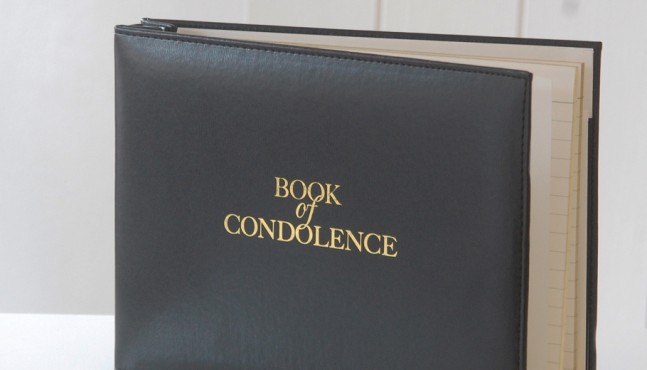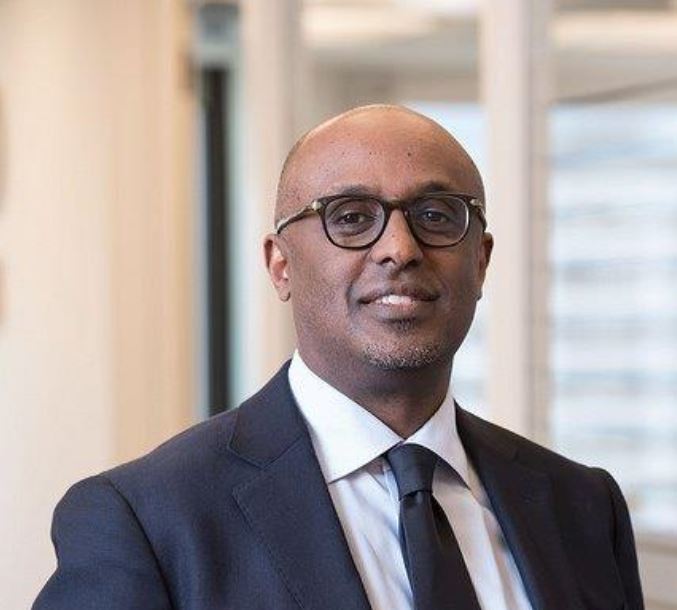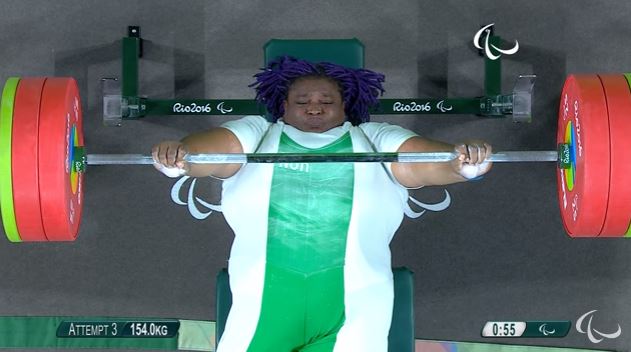I got fascinated by the dramatic form, tragedy, from the first day I was introduced to it. Arthur Miller, one of the most renown theorists on the subject, says, while dismissing the perception that tragedy was synonymous with pessimism in a February 1949 essay titled, Tragedy and the Common Man, “… in truth, tragedy implies more optimism in its author than does comedy, and that its final result ought to be the reinforcement of the onlooker’s brightest opinions of the human animal.For, if it is true to say that in essence the tragic hero is intent upon claiming his whole due as a personality, and if this struggle must be total and without reservation, then it automatically demonstrates the indestructible will of man to achieve his humanity…” Hmmm
Although there are basic disparities in the perception of the Grecian tragic hero as propounded in Aristotle’s Poetics and Arthur Miller in this essay, there is a convergence of understanding concerning the emotions that tragedy evokes in the writer and the audience alike.
Aristotle talks about the evocation of fear and pity (pathos) which leads to a purgation of emotions or what is called catharsis. Miller does not contradict that. He insists though that the common man is as suited as the noble for tragic heroism but all men know fear, all men are able to pity a man who falls from grace to grass as a result of a character flaw or in the pursuit of meaning for his life. All men can feel emotional purgation from and relate with such happenstances!
I always imagine that this is the emotional state that the death of loved ones should leave man. Although death, without the elements listed amongst others, isn’t within the conception of tragedy from the point of view of dramatic theorists, the transition of people from this world should always remind of the temporal nature of life and cause men to seek God and the good of others.
Advertisement
This has been my state of mind since the passage of my father-in law, Comrade Sam Isichei, within just about 12 hours of the onset of a sudden illness, three weeks ago. His death, shocking and paralysing, again brought the lack of empathy amongst Nigerians, especially some medical personnel to the fore.
When he fell unconscious the night before he passed on, he was rushed to a medical facility. We were told that the personnel at the hospital vowed not to touch him until a deposit was made and they did not. When money was eventually brought, the doctor commenced treatment by administering some intravenous medication and disappeared until about 9am the next day. His patient lost the battle of life not too long after.
Maybe, the doctor saw that the situation was bad. Maybe, that knowledge inspired his lackadaisical attitude, but then, who knows what prompt medical intervention could have done. Sadly, such promptness is alien in the vocabulary of a lot Nigerian medics. Where they stand, money is superior to life and unless you hold money, your life could as well hang in the balance. But this is not just about doctors; it is pretty much a national attitude.
Advertisement
Even more intriguing is our hypocrisy. In spite of failure or refusal to intervene when we could have saved lives, we become expert mourners when it is too late. In reality however, we only mourn those of us who are alive; like the tragic hero in a work of art, he who is dead is out of the battle, fighting the good fight is left for the living.
Because we forget that one day, fire will burn without the man who roasts yam with it, we eat the yam that belongs to us without consideration for others and if they are unwary, we appropriate their own out of avarice.
The suspension of contemplation for the reality of the end is why we have the wicked endless plundering which had plunged tens of millions of our compatriots into hunger, disease and lack.
Were men a bit more conscious of the transience of life, they would be less motivated by personal proclivities and a bit more considerate of others.
Advertisement
Someone said that life is not how long but how well. But how well you live it is a function of the number of lives you touch positively. The people that you touch and the impact you make on the world are the things that people and eternity will remember about you. But do we pay attention?
These thoughts have been on my mind in the past three weeks of the sudden passage of this great man.
Isichei and I did not get along well for a while. When his daughter announced her plan to marry a Yoruba man, he would have none of it. For close to four years, he maintained his stance, defying his brothers, sisters and friends who saw our commitment and thought we would be good. But his daughter and I were resolute about what we wanted and God helped us to wait out his objection.
Interestingly, I sympathised with him. I saw that his concern was for the well-being of his daughter. This man was no ethnic bigot. He grew up in the North and spoke Hausa with the flavour of a native speaker. When we eventually got married, he encouraged me to learn Igbo as he encouraged his daughter to learn to speak Yoruba. He was a true nationalist in his corner.
Advertisement
At our wedding, he danced like his life depended on it. He became a father to both of us. He displayed no entitlement sense but generously blessed us with stuff we didn’t have access to. He taught us about contentment and encouraged us to work towards our goals. He was good with his grandchildren; he would sing with them on the phone, clap with them and encourage them to be the best at everything they could lay their hands on.
He was a very happy man. It was impossible for Isichie to join a company and not leave an impression. He lit up everywhere he went and had compassion for people. Even in retirement, we saw the activism that once led him to the office of the Vice-Chairman of the Nigeria Labour Congress in Delta State.
Advertisement
He was principled and suffered no fools. He and his wife raised their only daughter to be a woman who made them proud as a wife, mother and professional. He was a blessing to this world. And then, he suddenly left us, not even with the benefit of a warning!
His passage is the single most effective sermon that I have listened to recently. From the time, his youngest brother, Dr Chris Isichei, who monitored events on the phone, broke the news of his death that Friday morning, I had wondered how pleasant the world would be if men took the lessons of their mortality a little bit more seriously.
Advertisement
What would happen if men became more truthful in their service to God and love for humanity, wouldn’t the world be devoid of much of man-inflicted pains and sorrow? What if those who appropriate our commonwealth remember that they cannot take any of it with them at death? What would happen if people who profess God think more about the prospects of heaven and hell and those who do not, consider what posterity would say of them? How much better would Nigeria be if (wo) men realised the worth of a good name, if they thought of the interminable end that death brings.
These are the things that have occupied my mind since the man joined the saints triumphant. In my musing, I realise that life is about those who are living and the lessons they draw from the lives of departed ones. May we find the grace to live life well.
Advertisement
Follow me on Twitter@niranadedokun
Add a comment







